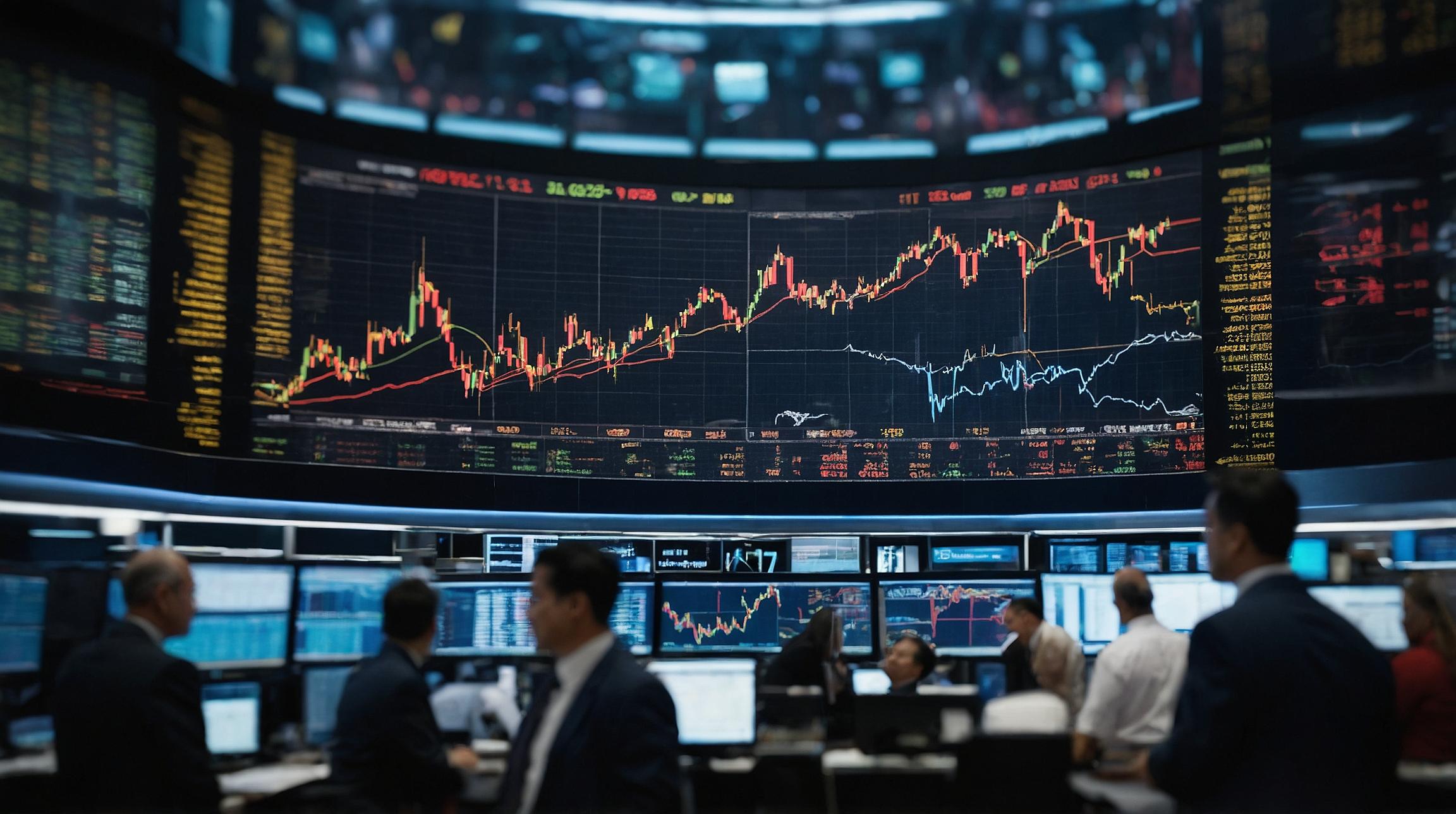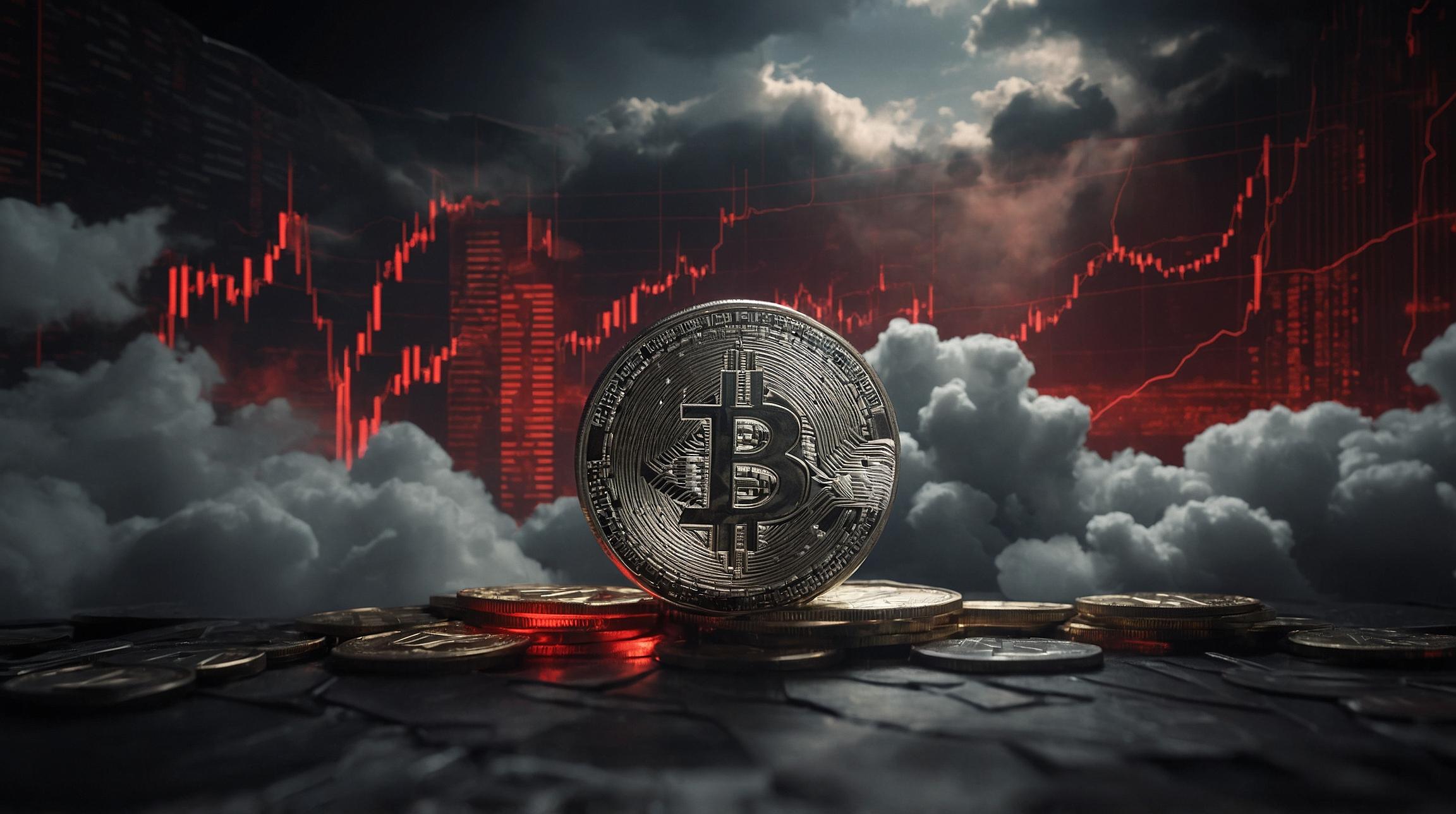Inflation Deceleration Restores Investor Confidence
Inflation has seen a notable decline, offering a sigh of relief to investors and reducing the fears of an impending recession that were prominent earlier this year in August. The Consumer Price Index (CPI) rose by just 2.9% in July on a year-over-year basis, marking its slowest pace since March 2021. This figure comes in below both the previous month's rate and the anticipated 3%, which has contributed to a more positive investment sentiment.
To better understand, the Consumer Price Index measures the average change over time in the prices paid by urban consumers for a market basket of consumer goods and services. When inflation is high, the purchasing power of money decreases, which can lead to less consumer spending.
Core inflation, which strips out the more volatile food and energy prices, also showed a slight decline, easing from 3.3% to 3.2%, aligning with analysts' predictions. This steady decrease in inflation has resulted in a tempered expectation of major interest rate cuts by the Federal Reserve.
Economic Data Boosts Market Sentiment
The latest economic indicators have further buoyed investor confidence. Initial unemployment claims rose less than expected for the second consecutive week, indicating that the rise in unemployment observed in July might have been a temporary situation rather than a sign of a weakening labor market.
Furthermore, retail sales saw a strong 1% growth in July, marking the most robust monthly performance since January 2023. This surge surpassed expectations, signifying that consumer spending—the backbone of the economy—remains resilient. Moreover, consumer confidence in August also exceeded forecasts, contributing positively to the economic landscape.
Corporate Earnings and Strategic Investments
Walmart, a retail giant, reported second-quarter earnings that beat expectations, showcasing a 4.8% revenue increase. This growth was fueled by significant strides in e-commerce and advertising, leading the company to raise its annual guidance. Such corporate performance indicates robust economic activity both in domestic and international markets.
On the investment front, notable investor Michael Burry, known for his "Big Short" during the financial crisis, has increased his investment in Chinese companies, such as Alibaba, JD.com, and Baidu. This move reflects a strong belief in the potential of China's technology market, which seems poised for growth.
Conclusion: A Calmer Economic Outlook
Overall, the combination of slowing inflation, strong retail sales, and positive corporate earnings has restored confidence in risk assets. The S&P 500 and Nasdaq 100 indices have experienced their most significant weekly gains since late October 2023, driven by these encouraging economic developments. As the economic outlook becomes increasingly positive, investors are likely to continue seeking opportunities in both domestic and international markets, with a focus on promising sectors such as technology.













